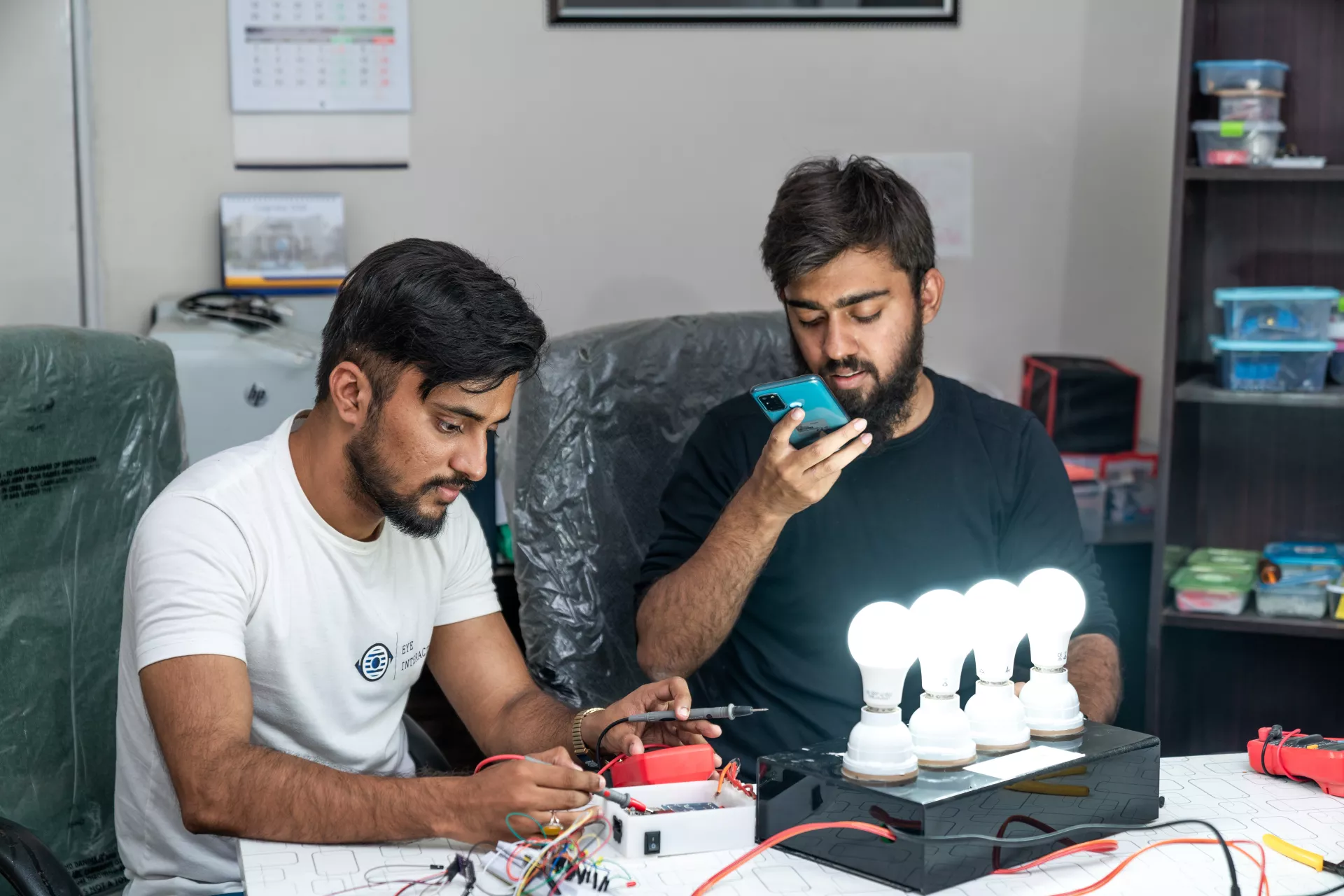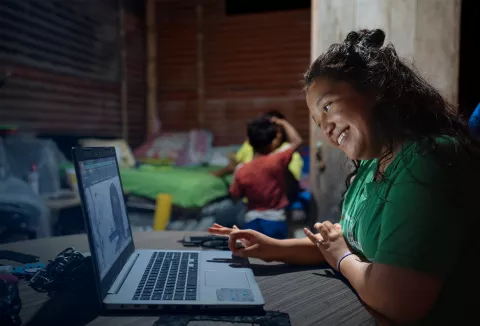Entrepreneurship
Boosting entrepreneurial skills and opportunities for young people

Boosting entrepreneurship skills and opportunities among young women and men is more important than ever. The COVID-19 pandemic has accelerated the global economy’s need for creating new markets and avenues that did not exist before and young people are keen to co-create the solutions.
Entrepreneurship has the ability to improve standards of living and create prosperity—not only for young people, but also for related communities and businesses. Youth-led micro and small enterprises are vital in countries with limited formal employment and in contexts where there is insufficient job creation in the market. Youth entrepreneurship also serves as a tool leading to sustainable economic growth and social development.
GenU is supporting every young person to have access to a decent livelihood – anywhere, anytime, while ensuring political and institutional commitments. We are doing this by building sustainable entrepreneurial ecosystems and scaling-up world-class entrepreneurship solutions that meet young people’s unique levels of ability and context. These solutions primarily include entrepreneurship skill-building programmes through formal and non-formal education systems as well as innovative financing for youth start-ups—efforts that promote entrepreneurial ecosystems, networks, and business social capital.
For example, since its launch in 2018, imaGenVentures has given more than 15 million young people in over 60 countries access to entrepreneurial skill-building opportunities and supported more than 51,000 young people to turn entrepreneurial ideas into social impact. It has spurred 49,000 business ideas to date!
Another promising solution is YOMA (Youth Agency Market Place), a digital marketplace where youth can build their futures by actively engaging in social impact tasks as well as learning to earning opportunities. Young people’s achievements are recorded on a verifiable digital CV and further personal growth is incentivized with digital tokens that can be redeemed for digital services (like mobile phone airtime) or physical goods (such as bus tickets or basic commodities). Currently being implemented in six countries,YOMA is already having a strong impact: In Burundi, for example, more than 53,000 Yoma participants reported increases in their monthly wage in 2021. Plans are in place to expand to a further six nations, while another eight countries have expressed interest in the platform.



